Блог
-
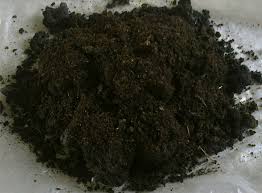
Organic Fertilizers And Their Benefits For Crops
As the tendency toward sustainable and particularly organic agriculture continues to rise, more and more large-scale farmers and food producers are considering integrating organic fertilizers into their operations. These products can enhance soil health, reduce dependence on synthetic chemicals, and contribute to a more sustainable environment. In this article, we take a look at the pros and cons of organic fertilization, as well as different types of natural plant feed and their specifics. Although there are some challenges and compromises associated with fully switching to organic systems, even partial adoption of natural fertilizers can benefit agricultural sustainability.Читать далее -

How Organic Fertilizer Impacts the Environment
The negative impact of industrial farming practices on the environment has been a growing concern over the last few decades. Due to the overuse of chemical fertilizers and pesticides, soil and water quality has drastically declined. In recent years, there has been a surge in the popularity of organic fertilizers in the residential community.Let’s take a closer look at how organic fertilizer can impact the environment and make sustainable farming practices possible and residential lawn care safer.Читать далее -

Organic Fertilizer: Cultivating Greener Fields and Healthier Crops
Imagine a time when it is possible to use common materials to devise solutions for climate change and environmental protection. Although this may seem like a lofty goal, the development of organic fertilizer technology is making it possible to achieve this objective. Natural organic fertilizers have a great deal of potential to transform agricultural practices and improve environmental sustainability. Their potential applications include improving crop yield, lowering carbon footprints, and enriching soil.Читать далее -
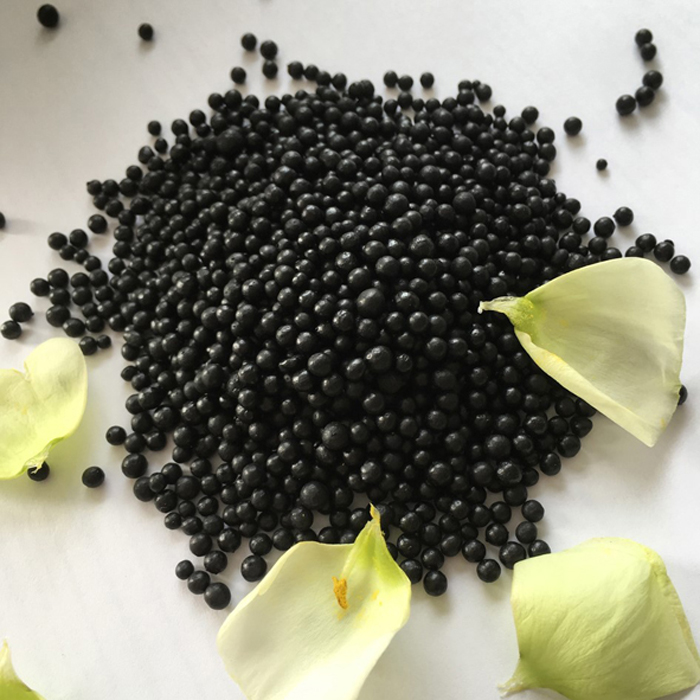
Organic fertilizer impact on soil health and greenhouse gas fluxes from agricultural soils
Agricultural systems are under pressure to produce increasing amounts of food for a growing human population while preserving, and ideally enhancing, the capacity of soils to sequester carbon and provide a habitat for biodiversity. Regenerative agricultural practices have been put forth to address this challenge. One such practice is the application of non-harmful, cheap organic fertilizers in combination with additives.Читать далее -
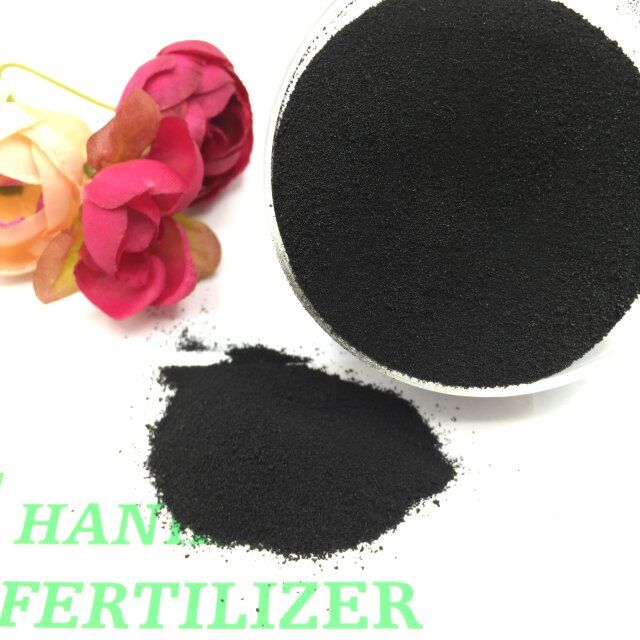
What is the Difference between Fertilizer Derived from Organic and Synthetic Sources?
Fertilizers derived from organic sources provide benefits to both plants and soil and when used properly generally won’t burn or damage plants. Organically derived fertilizers stimulate beneficial soil microorganisms and improve the structure of the soil. Soil microbes play a key role in converting organic fertilizers into soluble nutrients that can be absorbed by plants at a rate they can use. Organically derived fertilizers often provide the secondary and micronutrients plants need, usually absent in synthetic fertilizers.Organically derived fertilizers typically have a lower NPK analysis (nitrogen, phosphorus, potassium) than synthetics fertilizers, but they feed plants for a much longer period of time. As a result, the impact of organic fertilizers on lawn and plants is usually more subtle. It may take a little longer to see results, but the reward is a lawn that stays greener longer.Читать далее -

Unveiling the Impact of Chemical Fertilizers on Soil Health: A Comprehensive Guide
In the quest for higher agricultural productivity, chemical fertilizers have become an integral part of modern farming. However, their widespread use has raised concerns about their impact on soil health. This article aims to unveil the intricate relationship between chemical fertilizers and soil health, shedding light on the benefits, drawbacks, and sustainable alternatives for maintaining a balanced ecosystem.Читать далее -
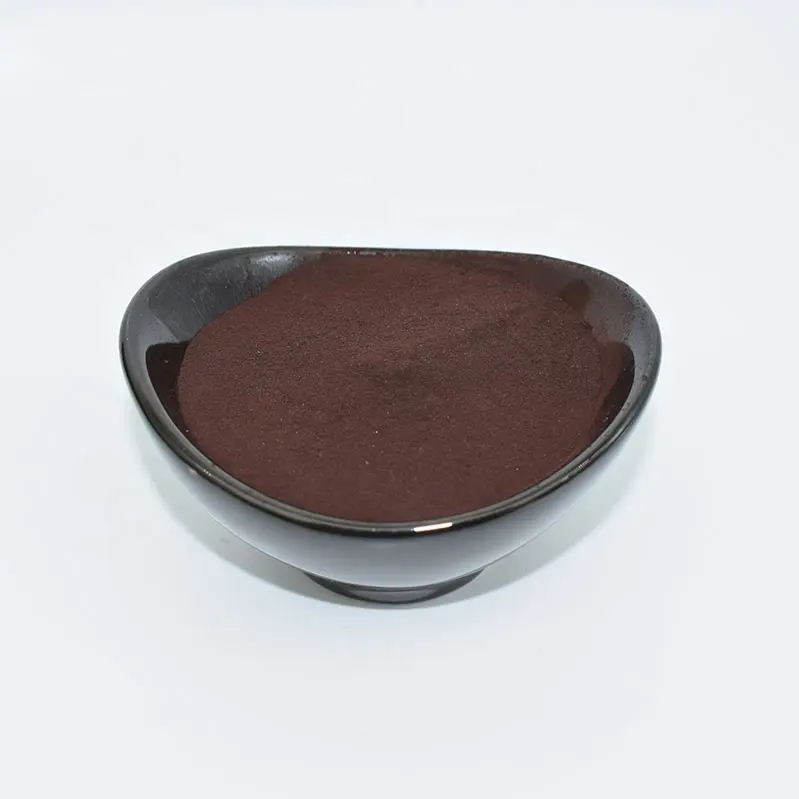
Excess Fertilizer Use and Soil Health
One of these unsustainable methods is the widespread use of chemical fertilizers. Such fertilizers harm the soil and limit the possibility of growing healthy crops in the future. Here, we discuss the agricultural industry's excess use of chemical fertilizer, how this impacts soil health, and what alternative options we have.Читать далее -
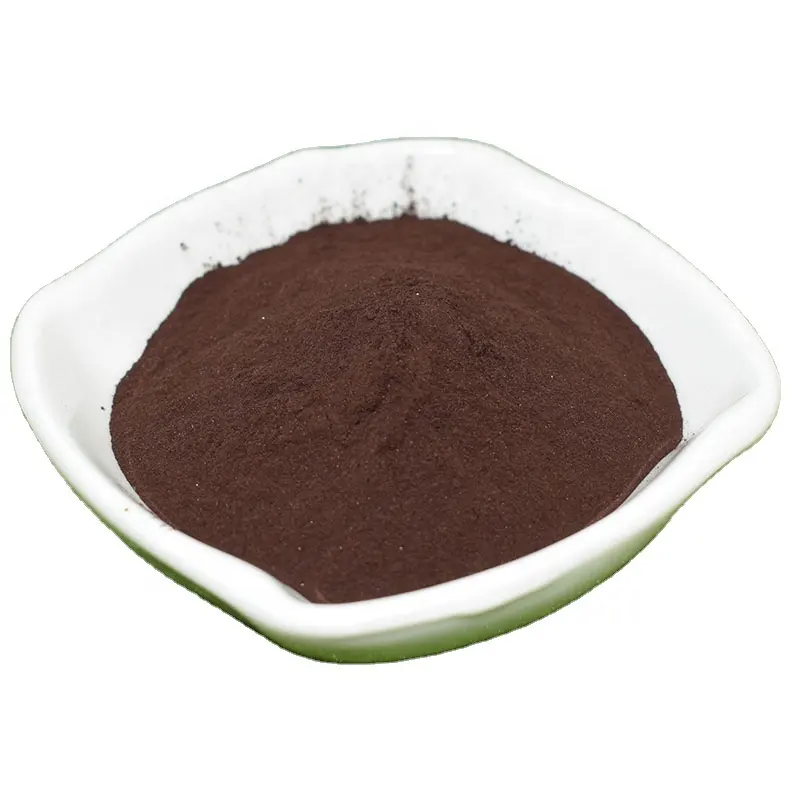
FERTILIZERS’ IMPACT ON SOIL HEALTH COMPARED
Ekrem Ozlu of the University of Wisconsin-Madison and his team studied two fields in South Dakota. From 2003 to 2015, the research team applied either manure or inorganic fertilizer to field plots growing corn and soybeans. They used low, medium, and high manure levels, and medium and high inorganic fertilizer levels. They also had a control treatment of no soil additives to provide a comparison.In the summer of 2015, they collected soil samples at a variety of depths using a push probe auger. Then they analyzed the samples.Manure helped keep soil pH—a measure of acidity or alkalinity—in a healthy range for crops. Inorganic fertilizer made the soil more acidic.Читать далее -

The Impact of Fertilizers on the Environment: Inorganic vs. Organic
Fertilizers play a vital role in modern agriculture, significantly increasing crop yields and feeding a growing population. However, it is important to understand the potential environmental impacts associated with their use. In this article, we will delve into how fertilizers can affect soil health, groundwater, and the atmosphere. We will also explore the differences between inorganic and organic fertilizers in terms of their environmental implications.Читать далее

